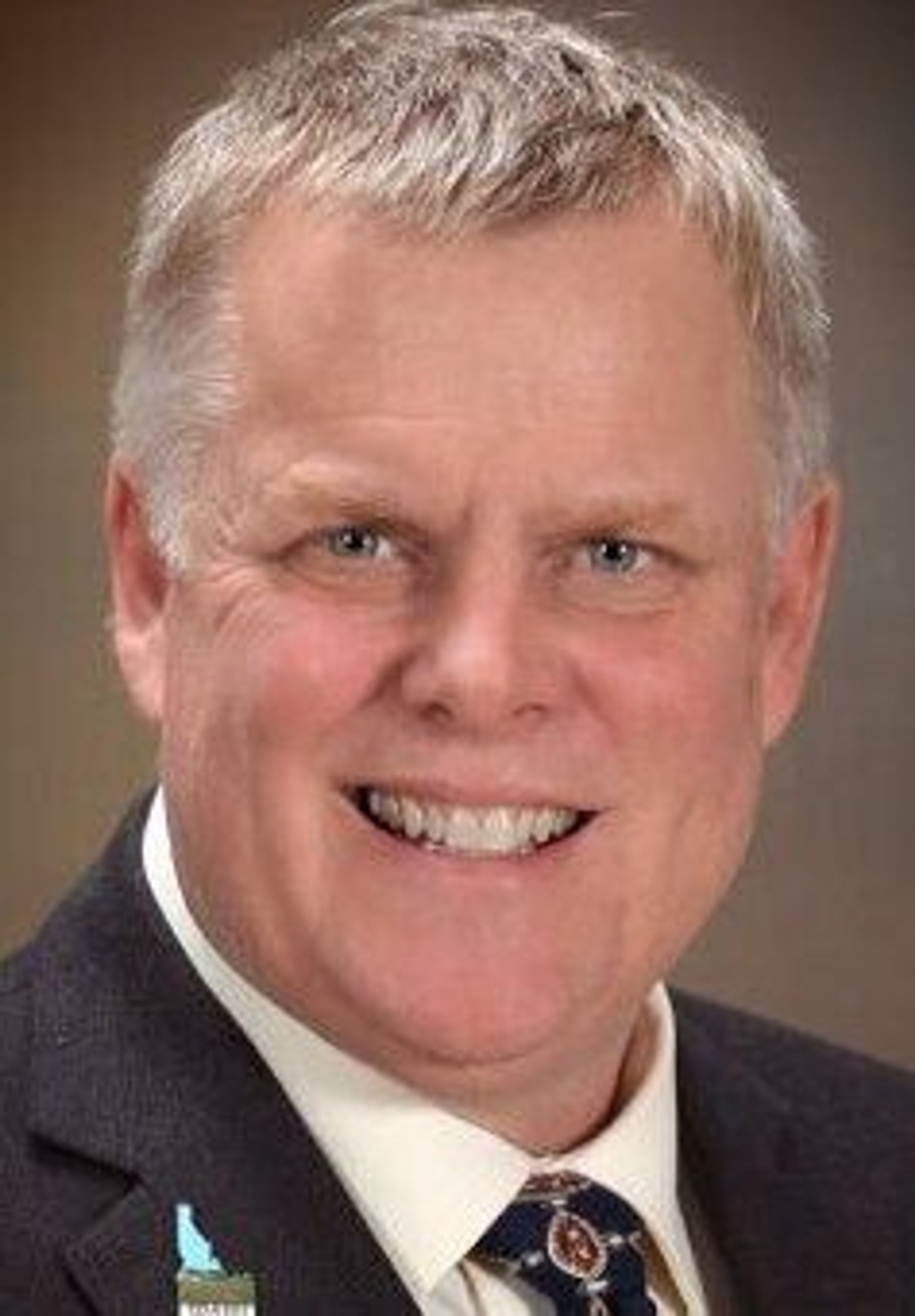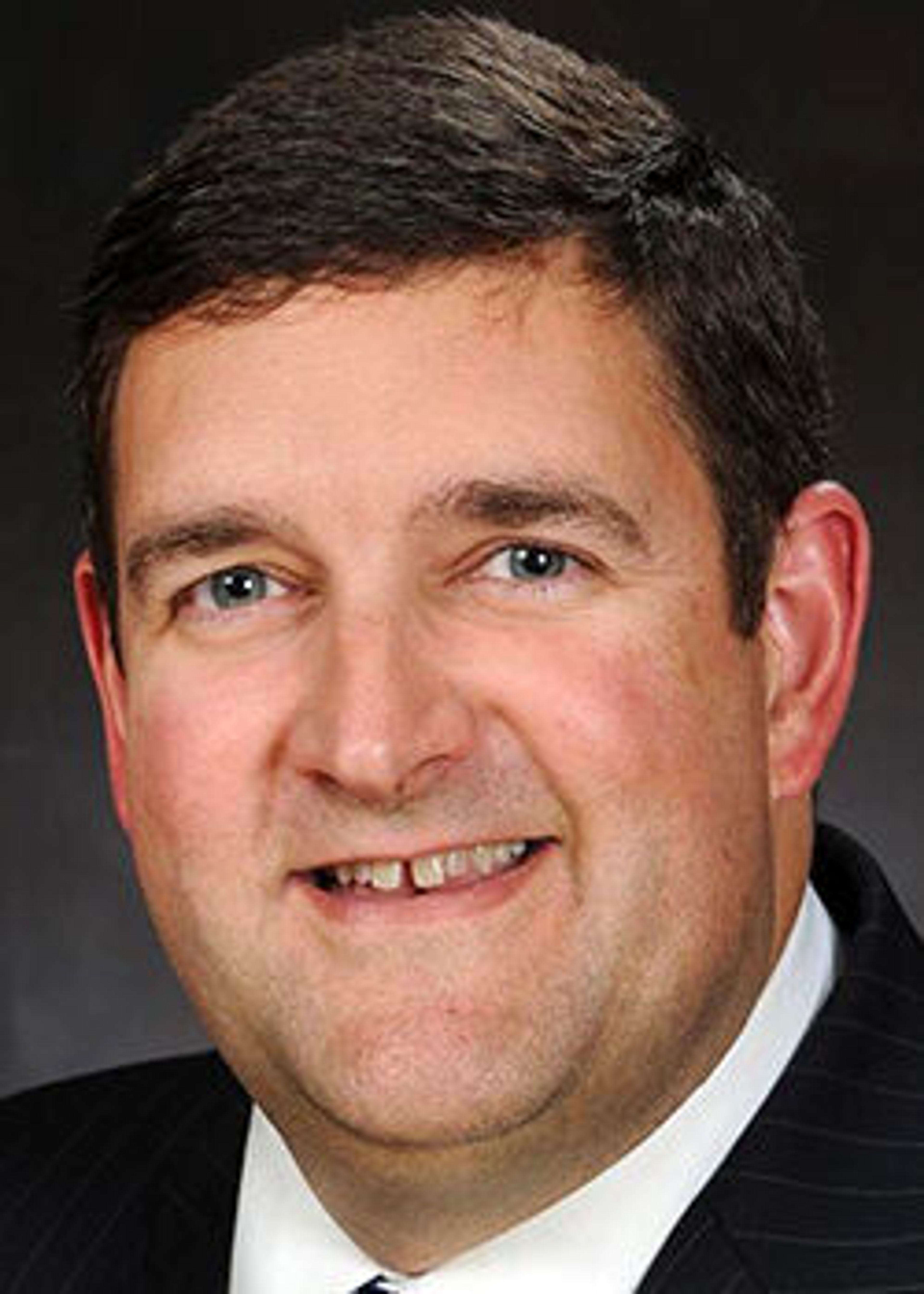State council on mental health takes initial steps
Idaho Behavioral Health Council calls for more experts in the field, changes to commitment process; other plans in the works
Roughly two years after its creation, several recommendations from the Idaho Behavioral Health Council could soon be making changes to mental health care processes if approved by the state legislature.
Of IBCH’s nine recommendations in its 2021-24 strategic action plan, several focused on addressing unmet behavioral health needs for children, increasing behavioral health providers in the state and reducing the number of patients who begin their treatment through the criminal justice system by directing them to treatment programs. Two of those recommendations hit their first deadline in December.
The first, a workforce development plan, was published last month and outlines goals for training and retaining more behavioral health experts in Idaho.
As it stands now, the entirety of the state has a shortage in mental health service providers.
The workforce plan includes recommendations for promoting careers in behavioral health and providing more resources for training and degrees in-state.
It also recommends, among other things, expanding tuition reimbursement for those studying to work in the behavioral health field, and expanding virtual behavioral health care. It also recommends establishing funding for a behavioral health provider well-being task force.
The second of IBHC’s goals to hit its deadline recently is a change to Idaho’s civil commitment process. Although it has yet to be printed, IBHC is planning to support legislation for that this year, said Idaho state Sen. David Nelson, D-Moscow.
One goal is to streamline the process to commit a person for behavioral health treatment, he said. Current inefficiencies have also been exacerbated by a shortage in mental health professionals.
“It feeds into our workforce problems, because it required two psychologists or psychiatrists to agree to it and so we had to sort of build some flexibility into the provider model,” Nelson said.
In addition, IBHC’s recommendations for the civil commitment specify amendments to the Mental Health Act that would update the definition of “gravely disabled,” and empower trained clinicians to initiate holds and an allowance for substance use disorder holds.
The recommendations also include an allowance for the commitment of people too dangerous for a state hospital, but not meeting the state statute for “dangerously mentally ill.”
The recommendations also include revising statute so physicians can drop inappropriately placed mental health holds after an evaluation by two physicians.
Also on Gov. Brad Little’s budget requests for fiscal year 2023 is funding for youth crisis centers, new community behavioral health clinics and psychiatric residential treatment facilities to the tune of $50 million.
Crisis centers for youth are a priority because existing facilities in the state can only treat adults, Nelson said.
“There’s just a real legal barrier there,” he said. “There’s another sort of intake center for youth as well, which is a way to help them get into the system. So youth will have two funded things coming this year.”
The lack of psychiatric residential treatment facilities, or PRTFs, also specifically affect Idaho youth, said Dave Jeppesen, director of the Idaho Department of Health and Welfare.
Their goal, he said, is to allocate a total of $15 million in grants for three PRTFs — $5 million each — for facilities in northern Idaho, the Treasure Valley and eastern Idaho.
“At any given time, we have 100 kids out of state (for treatment) and it’s really hard to do family therapy when your child’s in Georgia,” Jeppesen said. “So what we want to do is have these new facilities up and running around the states that allow that treatment to take place.”
Lastly, the governor’s budget aims to fund three community behavioral health clinics at $4 million apiece, Jeppesen said. Those centers would be able to provide care for serious mental health conditions, and, hopefully, divert people who need behavioral health treatment away from the criminal justice system.
“(It’s for) individuals that need a lot of time and attention. And this model brings all of the behavioral health services into one setting. And so we can really treat the whole person there,” Jeppesen said. “We don’t want to criminalize those things. But often the criminal justice system becomes the place we treat them.”
This report is made possible by the Lewis-Clark Valley Healthcare Foundation in partnership with Northwest Public Broadcasting, the Lewiston Tribune and the Moscow-Pullman Daily News. Sun may be contacted at rsun@lmtribune.com or on Twitter at @Rachel_M_Sun.




